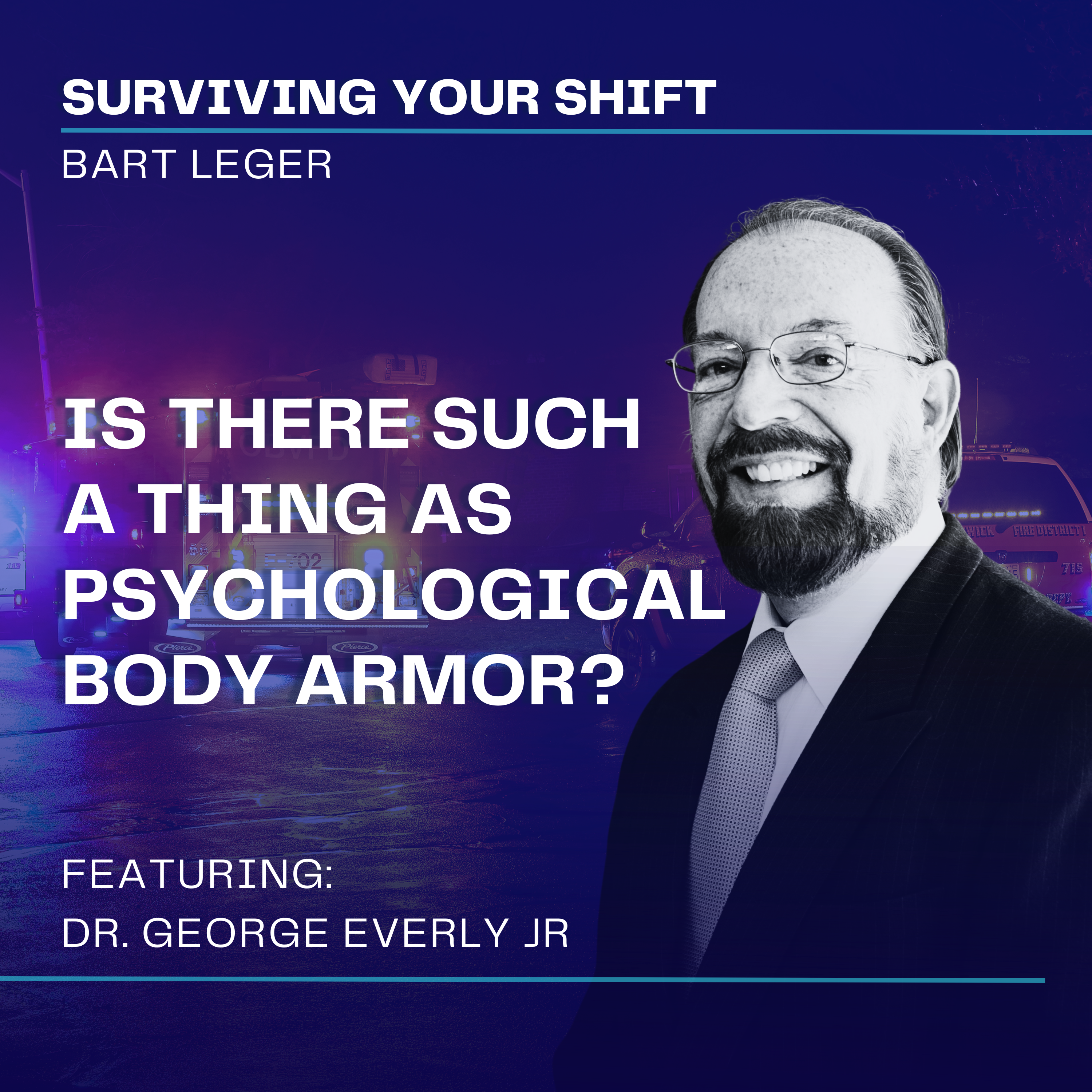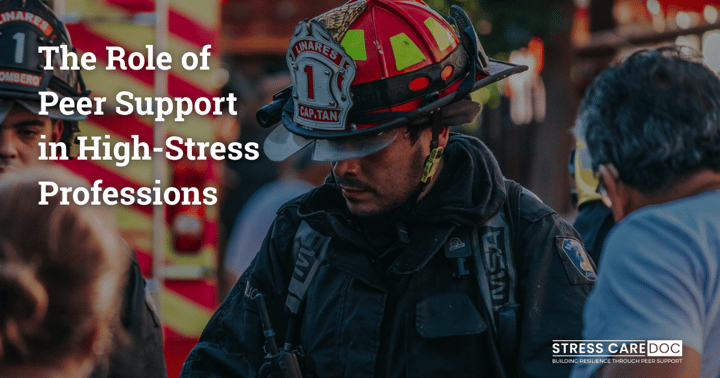Understanding Stress and Building Resilience: Insights from Dr. George Everly, Jr.

Stress is something we all face, but how we handle it can make a world of difference, especially for those in high-stress professions like first responders and healthcare workers. Dr. George Everly, Jr., a renowned psychologist and public health scholar with faculty appointments at prestigious institutions such as Johns Hopkins and Harvard, shares his insights on managing stress and building resilience.
The Evolution of Stress Management
Dr. Everly's journey into the world of stress began uniquely. As a young graduate student intrigued by an advertisement for a crisis hotline volunteer and a visit to a physician who attributed his high blood pressure to stress, Dr. Everly was propelled into the field when stress was not yet a household term. His curiosity led him to explore stress more deeply, marking the beginning of a lifelong quest to understand and teach others about stress management.
The concept of stress management has come a long way since the 1970s. Dr. Everly recounts his early days in the field when he co-authored a book titled "Controlling Stress and Tension," which became the first college textbook on stress. Initially, publishers were skeptical about its market potential. Yet, the topic grew in popularity, demonstrating the book's lasting impact and the increasing recognition of stress management in academic settings.
Stress's Impact on Health
Today, it's well-established that stress significantly affects health, contributing to many of the top causes of premature death. Dr. Everly explains that stress can lead to a range of health issues, from high blood pressure and ulcers to a suppressed immune system, making individuals more susceptible to communicable diseases. This understanding underscores the importance of managing stress not just for the sake of mental health but for maintaining overall physical health as well.
Special Risks for High-Stress Professions
People in high-stress jobs, such as first responders and frontline medical professionals, face even greater risks. Dr. Everly notes that these individuals are at a significantly higher risk of developing stress-related illnesses, burnout, and depression. Research shows that the risk of developing severe psychiatric disorders like post-traumatic stress disorder (PTSD) is markedly higher among those in these professions compared to the general population.
Psychological Body Armor
One of Dr. Everly's key contributions to the field is the development of the concept of "psychological body armor." This training program is designed to help individuals in high-stress professions not just survive but thrive in their careers. The training covers various aspects of mental and physical health, including attitude, physical exercise, nutrition, sleep hygiene, and the power of connection with others.
Dr. Everly emphasizes that attitude plays a pivotal role in how well one manages stress. He suggests that fostering a positive attitude, self-efficacy (believing in one's ability to influence events and outcomes), and practicing gratitude can significantly buffer against stress. These elements form the core of his psychological body armor, equipping individuals with the tools they need to handle the inevitable stresses of their jobs effectively.
The Power of Prevention
A significant part of Dr. Everly's work involves preventive measures. He likens psychological training to a form of inoculation against stress, where individuals learn to "vaccinate" themselves against the psychological injuries that high-stress jobs can inflict. Techniques such as stress inoculation training and relaxation practices can help mitigate the physiological responses to stress, leading to better overall health outcomes.
The Importance of Organizational Support
Dr. Everly also points out the economic benefits for organizations that invest in the mental health of their employees. Implementing wellness programs and psychological support not only helps reduce healthcare costs but also decreases employee turnover, which can be financially draining for organizations. For high-risk professions, providing comprehensive psychological support is not just beneficial but essential.
Final Thoughts
As our understanding of stress and its impacts continues to evolve, the teachings of experts like Dr. George Everly, Jr. become increasingly vital. For those in high-stress professions—and indeed for anyone navigating the challenges of modern life—embracing the principles of stress management and resilience can lead to healthier, more fulfilling lives. Dr. Everly's work provides a roadmap for anyone looking to strengthen their defenses against stress and enhance their capacity to thrive in the face of challenges.
For more insights on psychological resilience and stress management, Dr. Everly recommends exploring resources like the International Critical Incident Stress Foundation and his courses on platforms like Coursera. As we continue to navigate a world that is often stressful, understanding and implementing these principles is more important than ever.
Listen to Dr. Everly's interview here.





